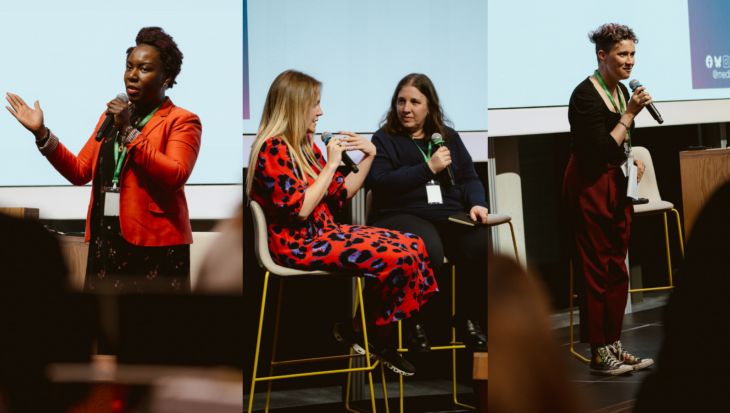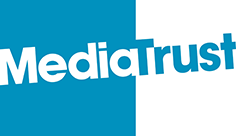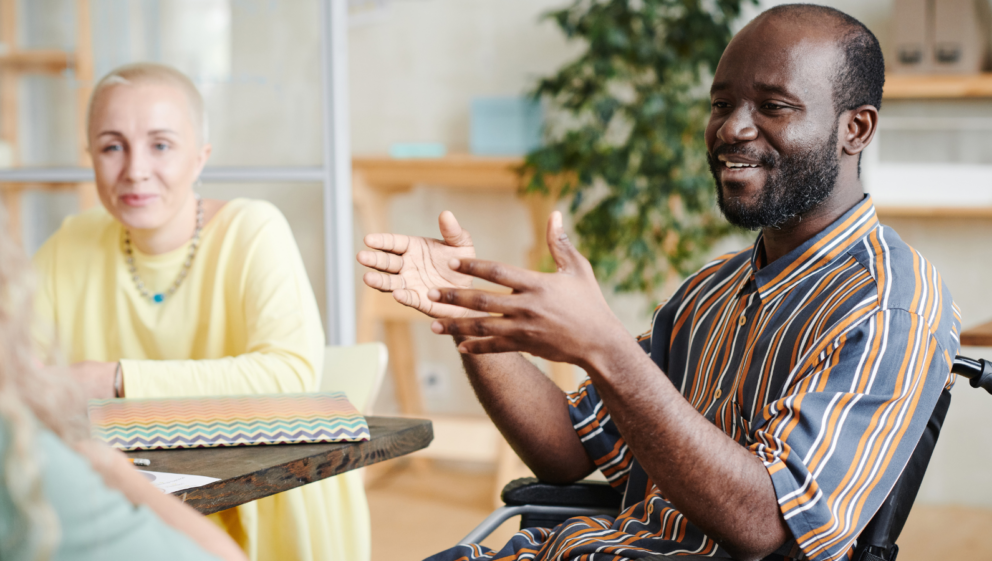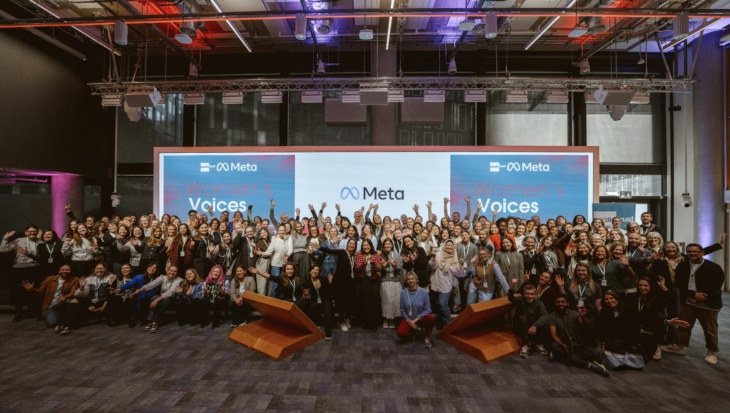We know that 23% of the overall UK working age population is disabled (and 11% of children and 45% of pension-age adults) but until marketing content reflects that proportionally, we are doing the disabled community a disservice.
Research suggests inclusive marketing is also a good business decision. According to a 2021 survey by Statista, 50% of respondents said that they would recommend products or services with inclusive advertising, and 45% said they were more likely to buy these products or services as a result.
Let’s look at the state of disability representation and how Media Trust is working with our industry partners to make change together – for example, through our Reframing Disability Mentoring Programme with Leo Burnett. We also recently joined forces with McCann Worldgroup to hold a Reframing Disability in Advertising Summit. The event included a keynote speech from Sulaiman R. Khan, Founder and Chief Radical Officer of ThisAbility Limited; a case study from Aldi; and a panel discussion with Dom Hyams (Purple Goat), Pip Jamieson (The Dots) and Kamran Mallick (Disability Rights UK).
Facts and figures on people with disabilities working in advertising
The latest All In Census (March 2023), a survey of nearly 19,000 advertising and marketing professionals by the Advertising Association, IPA, ISBA and Kantar, found that:
- 11% of respondents working in the industry have a disability including 8% in the C-Suite (senior executives)
- 76% of people with disabilities feel supported by their company but 7% have been discriminated against because of their disability and 16% have considered leaving the industry due to a lack of inclusion
- 22% of disabled respondents suffer from work-related stress (closely followed by 21% of LGBT+ people and 19% of those with caring responsibilities).
- Meanwhile, research from Channel 4 found that only 4% of television adverts included disabled talent in 2021, and only 1% of television adverts included a disabled person as the main character.
According to Scope, the overall disability employment gap – the difference between how many disabled people are in work versus how many non-disabled people are in work – is 29%. The advertising industry has a huge part to play in closing this gap.
Disabled representation in advertising campaigns
When it comes to creating content, you need to avoid clichés like ‘inspiration porn’, or tick-boxes. Your casting choices, storytelling and call to action must be authentic:
When you’re making adverts with disabled talent or promoting a product to an audience with a disability, it’s also vital that people with lived experience are involved in the concept. You may have heard the saying ‘Nothing about us without us’, which was first used by disability rights campaigners in South Africa in the 1990s, to call for representation in policies and decisions. The mantra was also chosen as the theme for the UN’s International Day of Disabled Persons in 2004. Think about how we can apply this message to make sure advertising doesn’t rely on tokenism, but genuinely represents what disabled people want and need.
Mentorship to support an inclusive advertising industry
Media Trust is proud to be working with Leo Burnett on a Reframing Disability Mentoring Programme, which will support 10 Disabled or Neurodivergent people in entry-level or early-stage advertising careers. Mentees will be matched with a senior Leo Burnett team member for the six-month virtual programme, which will include soft skills training and confidence-building through webinars, panels and workshops.
Beyond adjusting the programme for accessibility needs, bursaries are available for mentees who may have other access needs such as caring responsibilities or support for a mental or physical health condition. By removing these potential barriers, we hope this allows more people to apply for a place on the scheme. The deadline for mentee applications is 11.59pm Thursday 26 October 2023.
We’re always looking for mentors for future programmes that champion creative people from underrepresented backgrounds. To talk to us about partnering over other potential initiatives like this, please email daisyc@mediatrust.org.



